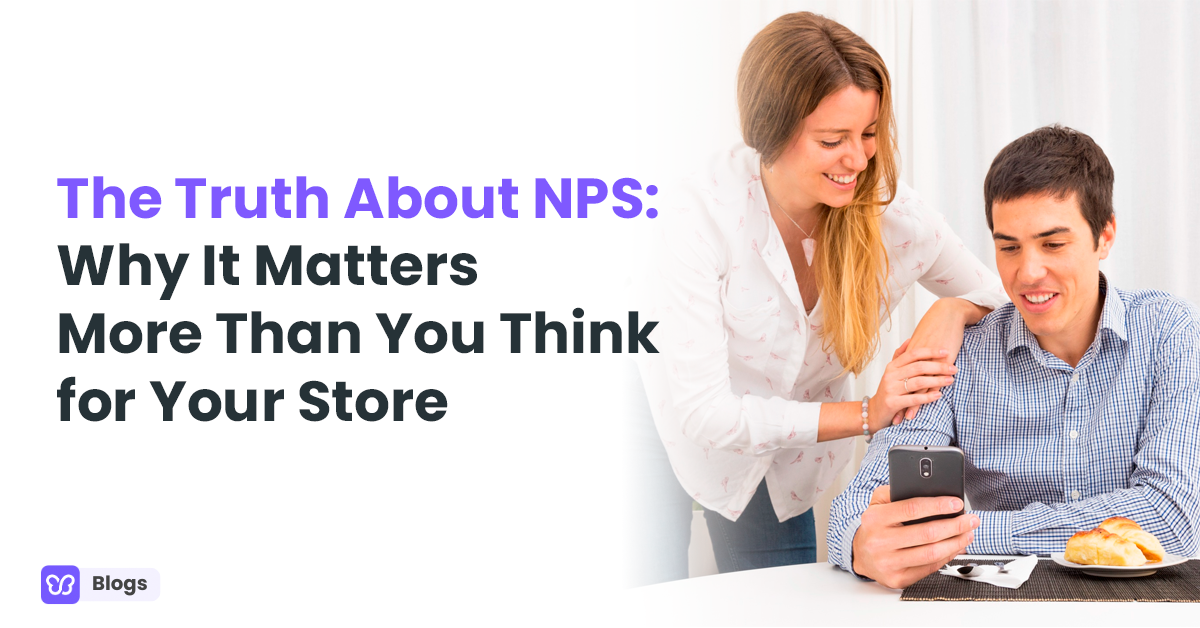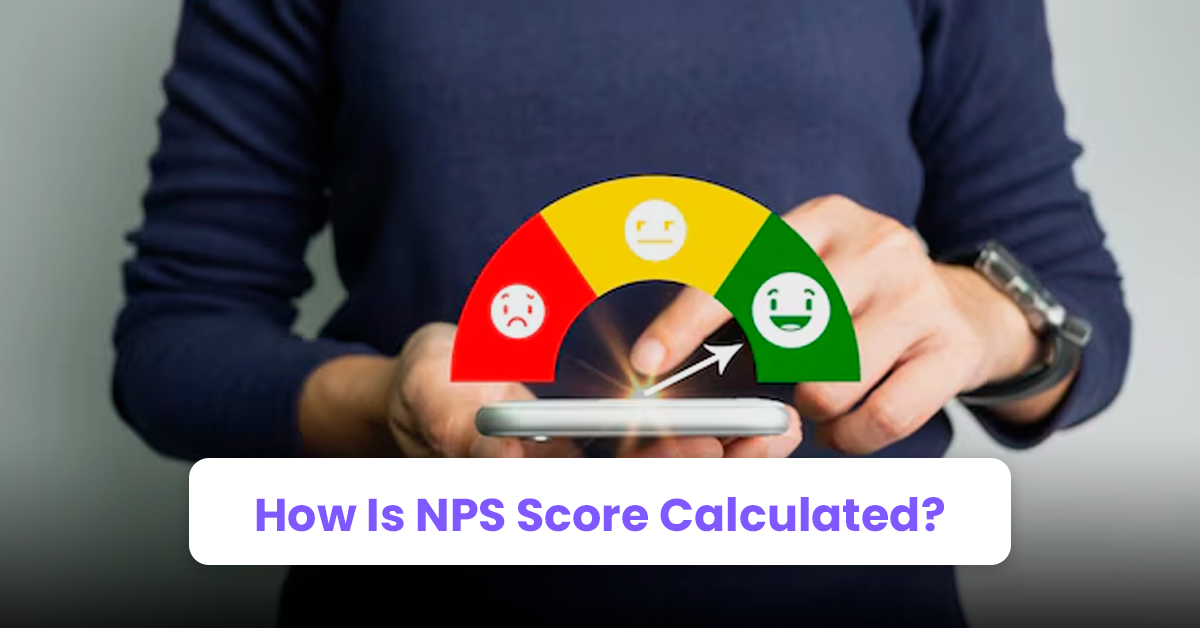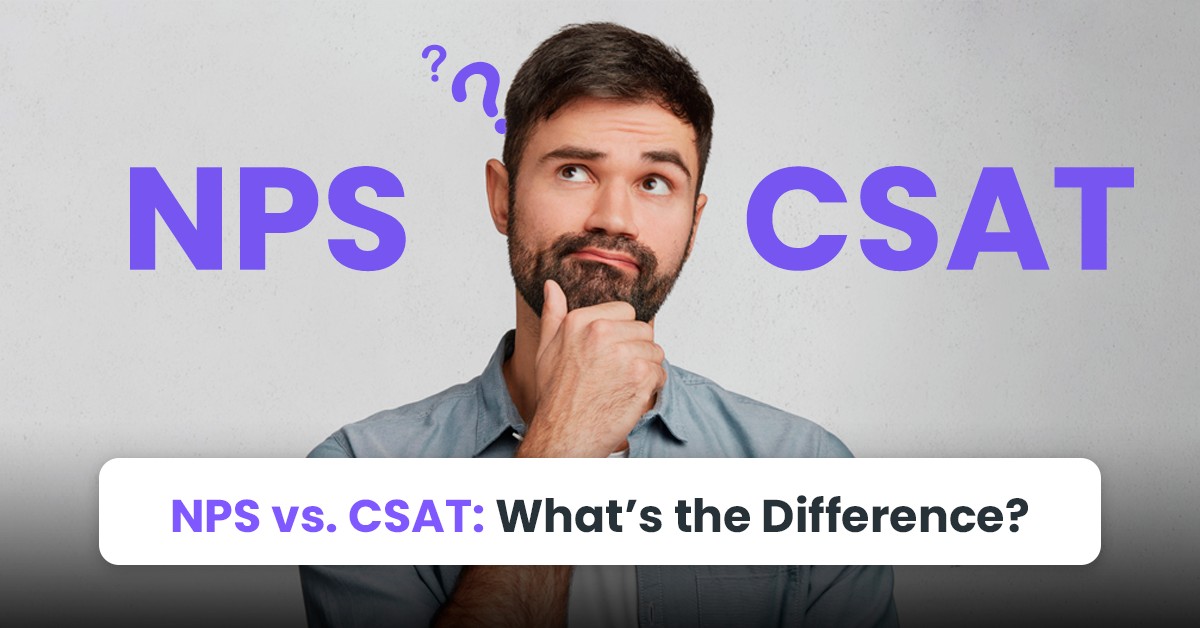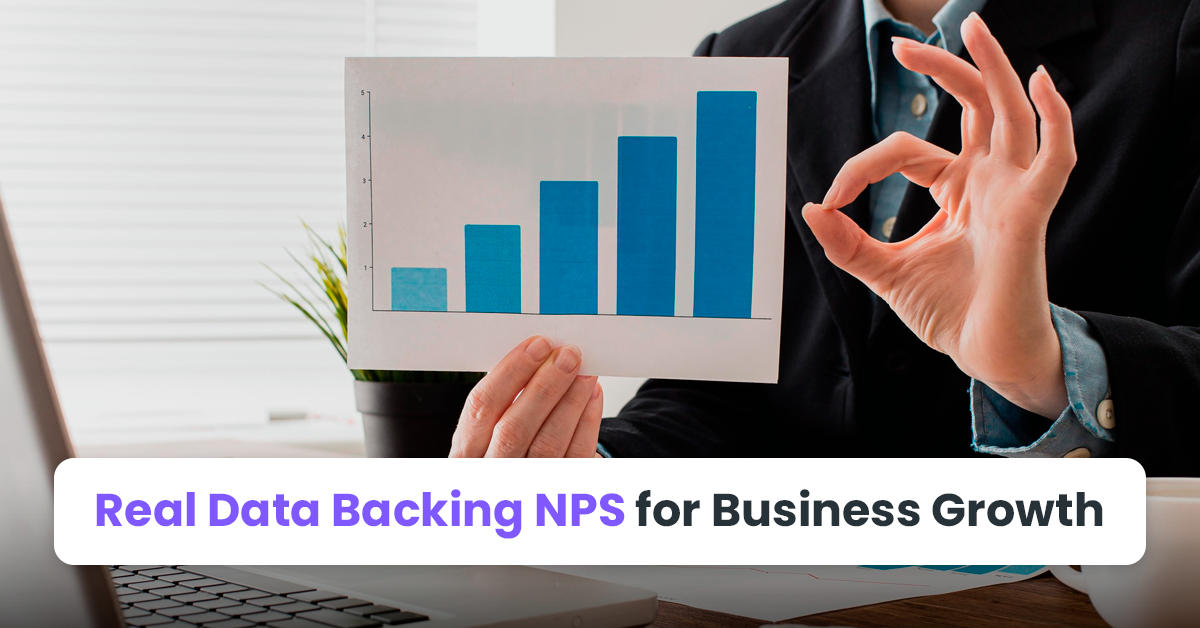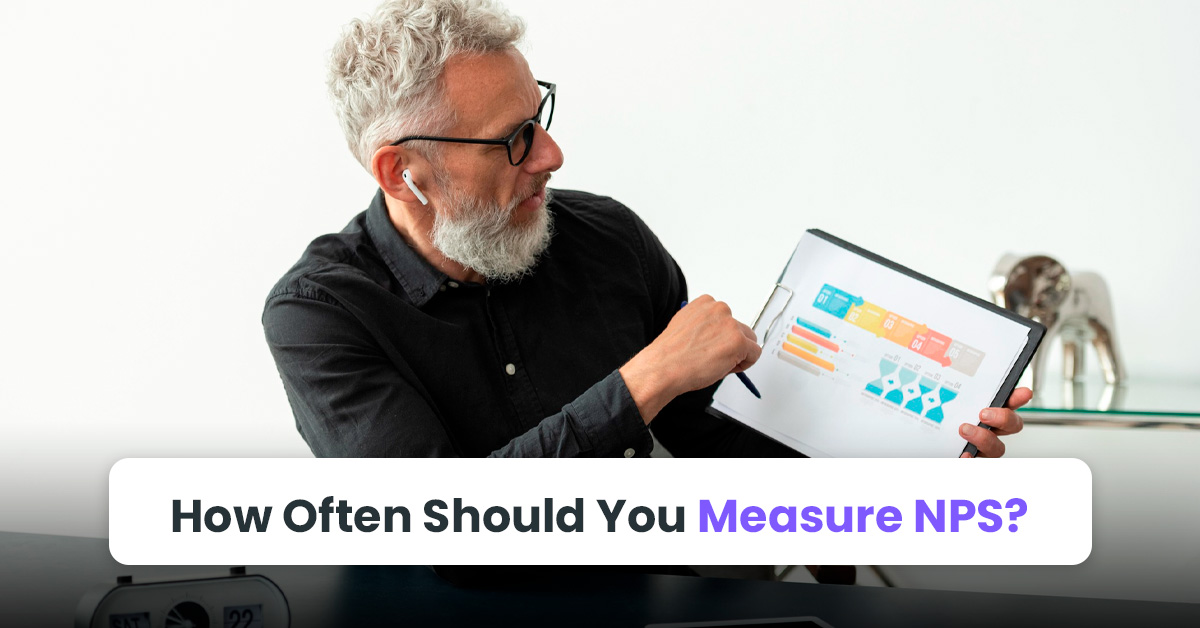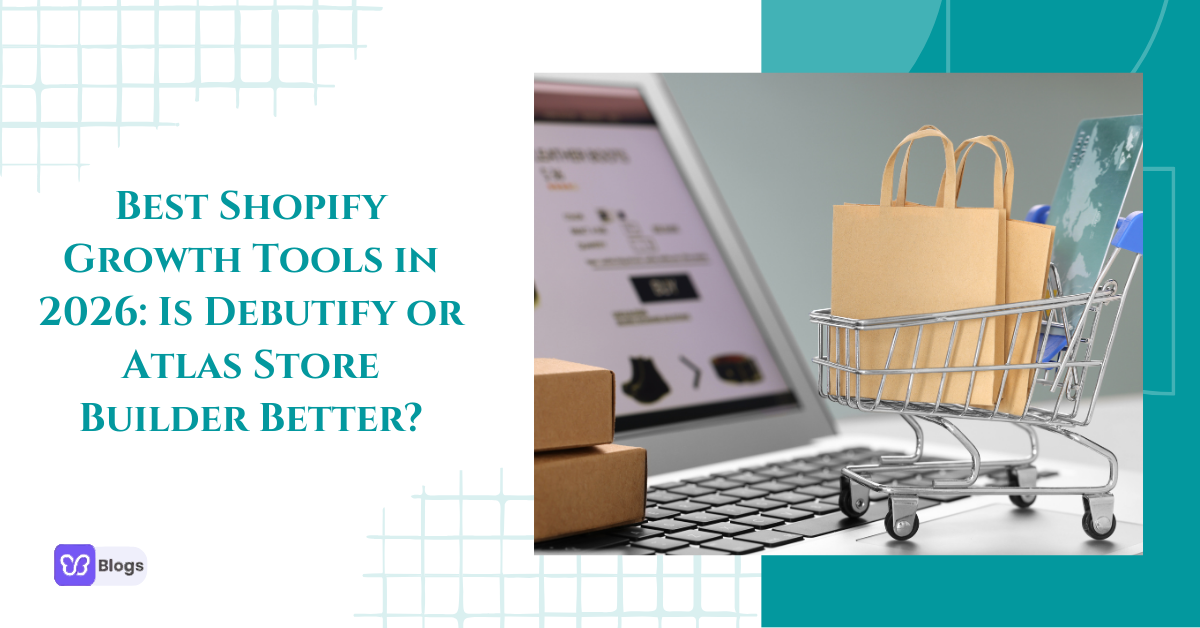NPS (Net Promoter Score) is a key measurement that shows how ready your customers are to recommend your brand. It is a simple but powerful metric. It can forecast future sales and gauge brand loyalty, which makes it essential for eCommerce owners.
Many digital stores invest heavily in marketing yet forget the significance of maintaining satisfied customers. Improving NPS plays a significant role in boosting customer retention and revenue.
AI-driven tools like Debutify Theme enhance site speed and user experience, which leads to a better NPS and stronger brand loyalty.
